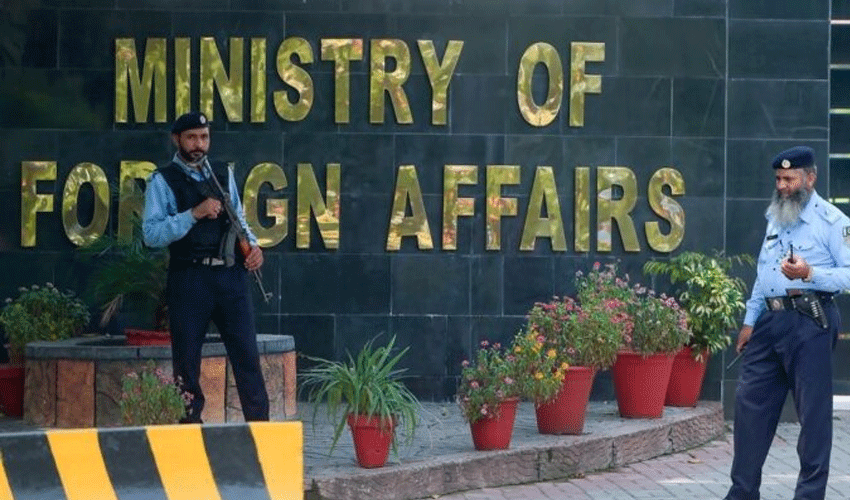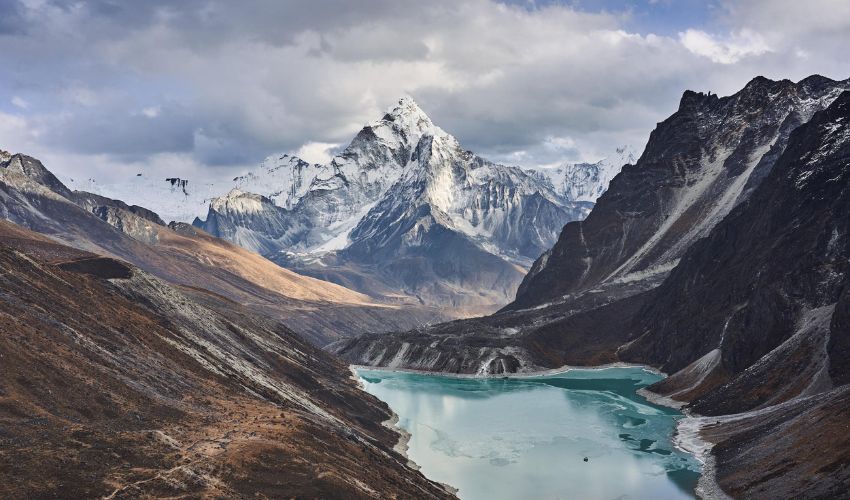Prime Minister Shehbaz Sharif has called for a high-level meeting of the National Security Committee (NSC) on Thursday morning in response to what officials describe as India’s “irresponsible actions” following the recent Pahalgam attack.
The meeting, to be chaired by the prime minister, will be attended by top civil and military leadership, including senior cabinet members, the Chairman Joint Chiefs of Staff Committee, services chiefs, intelligence heads, and key federal ministers.
Finance Minister Ishaq Dar confirmed the development late on Wednesday evening in a post on his X account, “Prime Minister Mohammad Shehbaz Sharif has convened the meeting of the National Security Committee on Thursday morning 24th April 2025 to respond to the Indian Government’s statement of this evening.”
Also Read: India suspends Indus Waters Treaty, expels Pakistanis, closes Attari post
The NSC will conduct a comprehensive review of Pakistan’s internal and external security situation in the aftermath of what officials have termed a "false flag operation" in Pahalgam, India-held Kashmir. Pakistan has raised concerns over the nature and timing of the incident, suggesting that it may have been orchestrated to escalate regional tensions.
The committee is also expected to evaluate India’s abrupt and unilateral decisions, including the suspension of the Indus Waters Treaty and the imposition of severe diplomatic and visa restrictions on Pakistani nationals.
Also Read: What is Indus Waters Treaty that India suspended? Find out here!
A key item on the NSC agenda will be formulating Pakistan’s official response to India’s recent move to suspend the historic Indus Waters Treaty, an agreement that has withstood decades of conflict and tension between the two nuclear-armed neighbours. Officials have called the Indian decision “hasty and unworkable,” warning that it could destabilize an already fragile regional balance.
The NSC will also assess the broader implications of India's latest measures on bilateral relations, regional cooperation, and water security. Diplomatic, legal, and strategic options are expected to be discussed in detail.


























